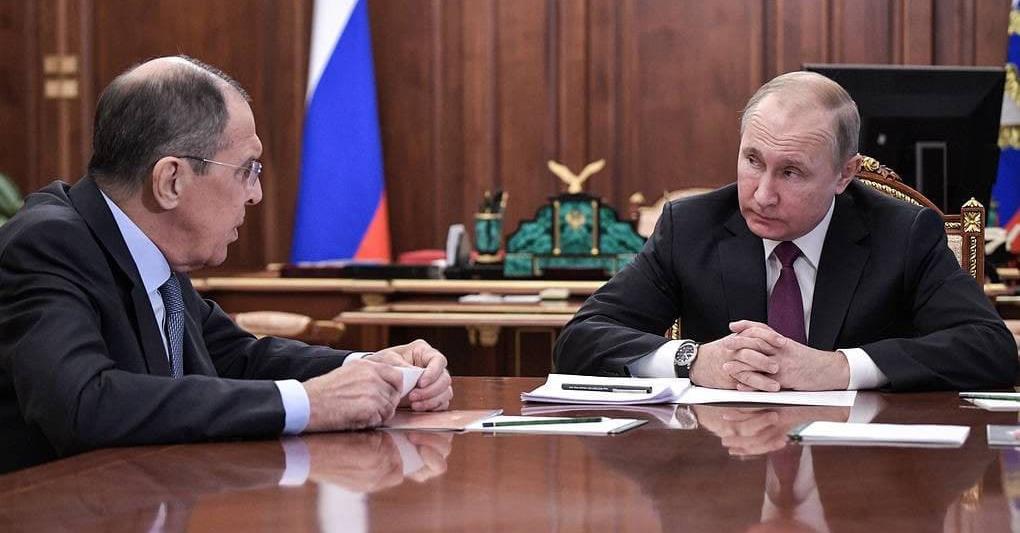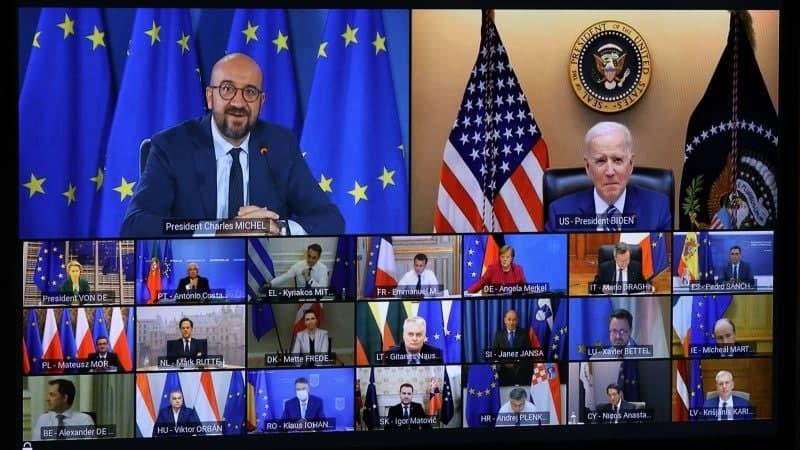WASHINGTON, 25 Feb (REUTERS) -- The US government on Friday (Feb 25) joined European countries in slapping sanctions on Russian President Vladimir Putin and Foreign Minister Sergei Lavrov as Western nations sought to increase pressure on Moscow to halt its invasion of Ukraine.
The rare but not unprecedented US imposition of sanctions on a head of state came just a day after Russian forces invaded Ukraine, assaulting by land, sea and air in the biggest attack by one state against another in Europe since World War Two.
"President Putin and Minister Lavrov are directly responsible for Russia’s unprovoked and unlawful further invasion of Ukraine, a democratic sovereign state," the Treasury Department said in a statement late on Friday announcing the sanctions.
It said sanctions against a head of state were "exceedingly rare" and put Putin on a short list that included the leaders of North Korea, Syria and Belarus. Further actions could follow.
White House spokesperson Jen Psaki told reporters that President Joe Biden decided to target Putin, Lavrov and other officials after speaking by phone with European Commission President Ursula von der Leyen earlier on Friday.
Treasury said the moves built on a raft of other sanctions imposed this week that targeted Russian banks and rich oligarchs, cut Russia off from access to critical technologies, and restricted its ability to raise capital.
Earlier on Friday, EU states and Britain agreed to freeze any European assets of Putin and Lavrov, as Ukraine's leader pleaded for faster and more forceful sanctions to punish Russia's invasion of his country.
The imposition of sanctions against Putin and Lavrov reflect the West's "absolute impotence" when it comes to foreign policy, RIA news agency cited a Russian foreign ministry spokeswoman as saying on Friday.
Edward Fishman, an Atlantic Council fellow who worked on Russia sanctions at the State Department during the Obama administration, said that while the sanctions on Putin are largely symbolic, targeting the Russian leader was a reasonable step for the United States and its partners to take.






